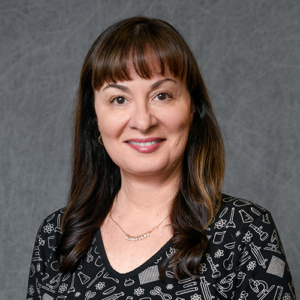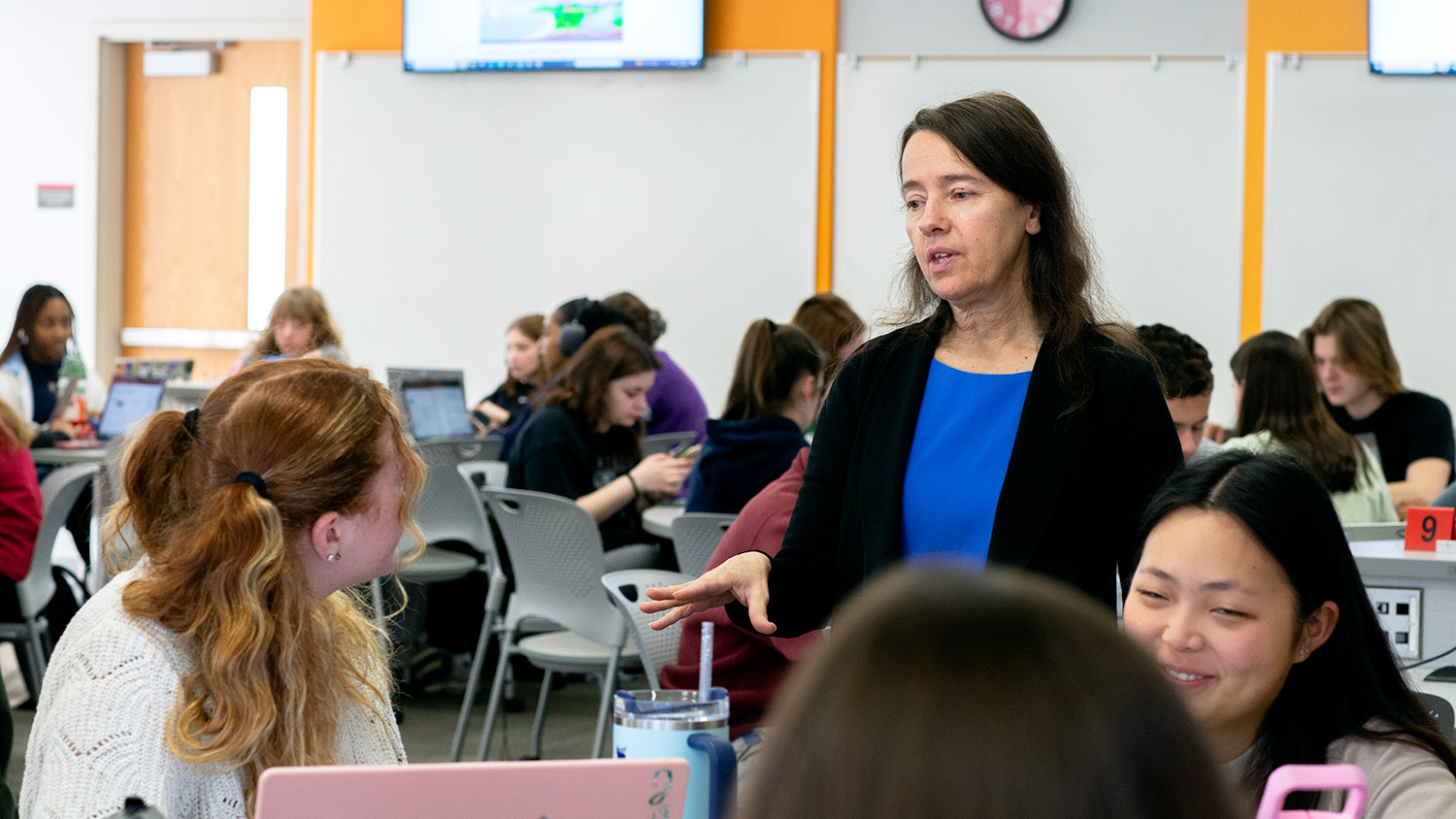Faculty Reflect on Open Textbook Grants

The Open Textbook Grant at NC State, started last year during NC State’s involvement in Rice University’s Institutional Partnership Program, is a collaboration between the University Libraries, DELTA and NC State Stores that encourages the use of open textbooks while maintaining high-quality course design and instruction. Individual faculty members and departmental groups may submit proposals for projects to explore and adopt open textbooks.
Open textbooks are one type of open educational resource (OER): teaching, learning, and research materials that are in the public domain. OERs, including the free, peer-reviewed textbooks offered by OpenStax, eliminate cost barriers for students, ensure that students will always retain access to these learning materials and give faculty opportunities to modify them to better match their course. This unrestricted, immediate access to learning materials increases the likelihood for students to complete their courses successfully.
Read on to see how four NC State faculty members are using the Open Textbook Grant to mitigate financial stress on students and drive the adoption of OERs across the university.
BIO 181/183 and BIO 240/245, Ben Jacquet 
Lecturer Ben Jacquet started using the OpenStax text as his required text in Spring 2020. He has incorporated these open textbooks for a number of his courses including:
- Introductory Biology: Ecology, Evolution, and Biodiversity (BIO 181)
- Introductory Biology: Cellular and Molecular Biology (BIO 183)
- Principles of Human Anatomy & Physiology: Nervous, Skeletal, Muscular & Digestive Systems (BIO 240)
- Principles of Human Anatomy & Physiology: Endocrine, Cardiovascular, Respiratory & Renal Systems (BIO 245).
For his section of BIO 183, Jacquet has made the OpenStax Biology 2nd edition textbook the only official textbook. Even better, he has started creating notes, presentations and even new illustrations based on the new textbook. The illustrations are especially useful as Jacquet reports that the figures in the OpenStax books are of lower quality than he is used to. Jacquet also created a set of free handouts for the lab portion of the course, which is saving the students an extra $30-35.
 ECI 514, Julia McKeown
ECI 514, Julia McKeown
In spring 2021, Assistant Professor Julia McKeown will adopt a compilation of resources for her course titled Developing and Delivering Online Instruction (ECI 514). These resources, including Graphic Design and Print Production Fundamentals from the Graphic Communications Open Textbook Collective and the Online Tutorial on Universal Design in Education from the University of Washington’s Center for Universal Design in Education, have replaced the previously-required textbooks.
McKeown is hoping to look for and adopt open materials to her other courses in the Learning Design and Technology program in future semesters.
CH 220, Maria Gallardo-Williams 
For her spring 2020 course, Introductory Organic Chemistry (CH 220), Professor Maria Gallardo-Williams adopted the Virtual Textbook of Organic Chemistry by William Reusch. She credits the adoption as the difference between passing and failing for at least some students.
Gallardo-Williams has also been inspired to take the virtual reality labs for Org Chem I and release them online for free use in a compiled and organized way.
 SOC 202, Tom Shriver
SOC 202, Tom Shriver
Starting in fall 2020, Professor Tom Shriver has adopted the OpenStax Introduction to Sociology 2nd edition textbook for his course titled Principles of Sociology (SOC 202). The textbook offers coverage of core concepts, foundational scholars and emerging theories in sociology, summarized with section reviews that include questions and discussions that help students apply their knowledge.
Shriver plans to keep using the book in the future, though he hopes they will continue to make additions and revisions.
Apply for an Open Textbook Grant by Dec. 10
NC State Open Textbook Grants are available to faculty members interested in adopting open textbooks for one or more courses. If you would like to be considered for a grant, apply using the online application form by Dec. 10, 2020.Do you want to know more about how open education can benefit you and your students? Do you want to learn how OER has been used by other faculty at NC State? Learn more about the grant.


